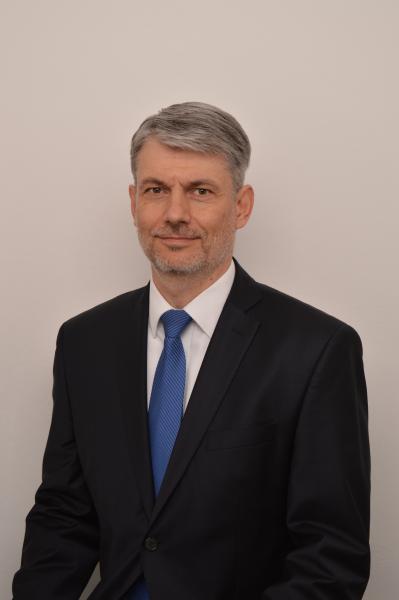Slovakia-Struggle for Democracy, Economic Prosperity, and Emancipation in International Relations
Professor Peter Terem, WCEE Professional Development Fellow
This event is open to Ford School and WCEE, WCED and CREES students.
Please join Professor Peter Terem of Matej Bel University for a talk on Slovakia.
The Cold War ended in the late 1980s and early 1990s with the collapse of central planned systems and totalitarian communist regimes in Europe. The Iron Wall had fallen, and the democratization process of society started. After three decades of political and economic changes, it’s time for some recapitulation and evaluation of this period. This talk will offer such an evaluation, focusing on Slovakia and touching on currents in Central and Eastern Europe more broadly. Since 1989, many internal and external factors have shaped the political stability and international reputation of Slovakia. The ideals of the “Velvet revolution” in November 1989 still determine much of the Slovak political scene´s emphasis on respecting democratic principles, freedom and democracy, respect for human rights. But recent years have seen dangerous trends across Europe, including in Slovakia. The talk will examine how rising populism, radicalism, extremism, xenophobia, information war and corruption has manifested itself in several areas due to various internal and external factors.
A light lunch will be served.
Please join Professor Peter Terem of Matej Bel University for a talk on Slovakia.
The Cold War ended in the late 1980s and early 1990s with the collapse of central planned systems and totalitarian communist regimes in Europe. The Iron Wall had fallen, and the democratization process of society started. After three decades of political and economic changes, it’s time for some recapitulation and evaluation of this period. This talk will offer such an evaluation, focusing on Slovakia and touching on currents in Central and Eastern Europe more broadly. Since 1989, many internal and external factors have shaped the political stability and international reputation of Slovakia. The ideals of the “Velvet revolution” in November 1989 still determine much of the Slovak political scene´s emphasis on respecting democratic principles, freedom and democracy, respect for human rights. But recent years have seen dangerous trends across Europe, including in Slovakia. The talk will examine how rising populism, radicalism, extremism, xenophobia, information war and corruption has manifested itself in several areas due to various internal and external factors.
A light lunch will be served.
| Building: | Weill Hall (Ford School) |
|---|---|
| Website: | |
| Event Type: | Lecture / Discussion |
| Tags: | Diplomacy, Discussion, Economics, ford school, ford school of public policy, International, international economy, international policy, international relations, Slovakia, Weiser Center For Emerging Democracies, Weiser Diplomacy Center, Weiser Diplomacy Center For Europe And Eurasia |
| Source: | Happening @ Michigan from Weiser Diplomacy Center, Weiser Center for Emerging Democracies, Center for Russian, East European, and Eurasian Studies, Gerald R. Ford School of Public Policy, Weiser Center for Europe and Eurasia |


